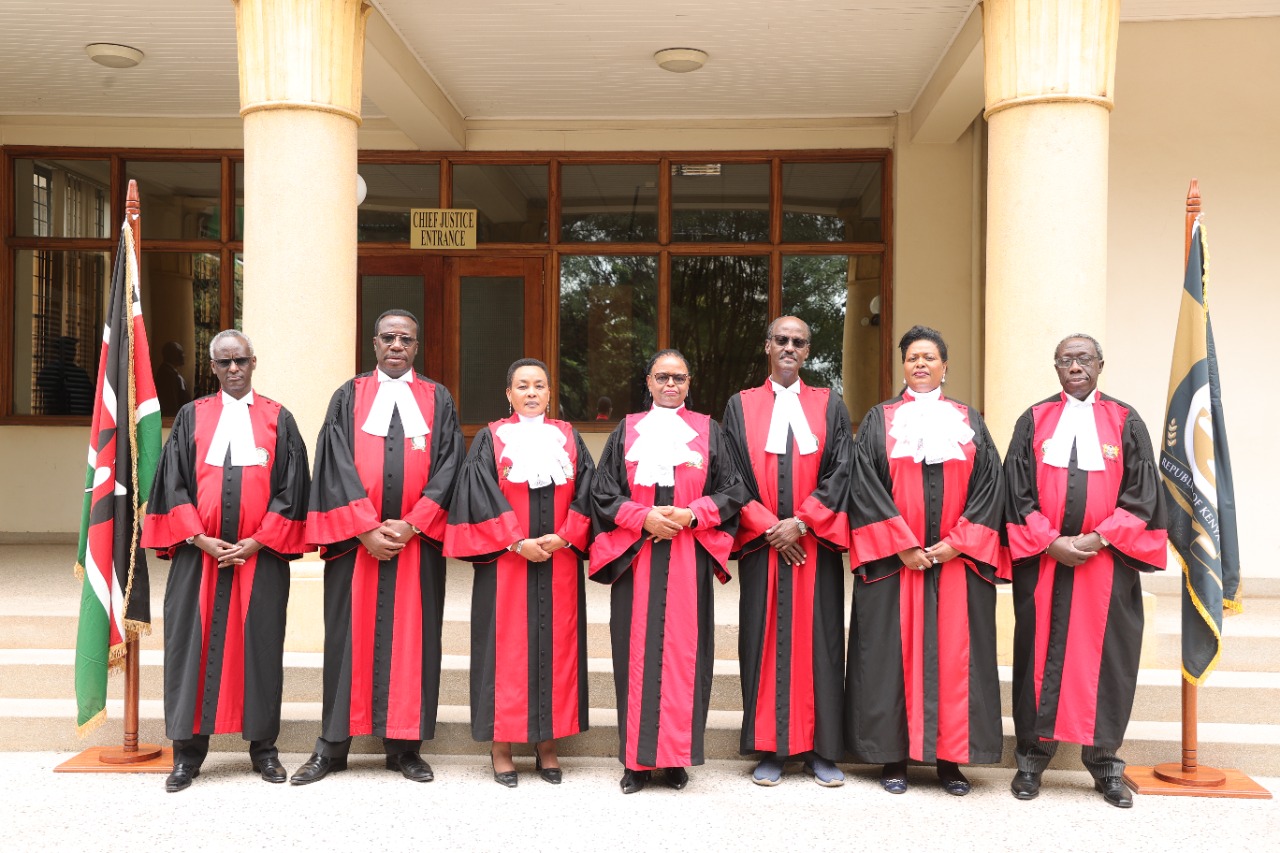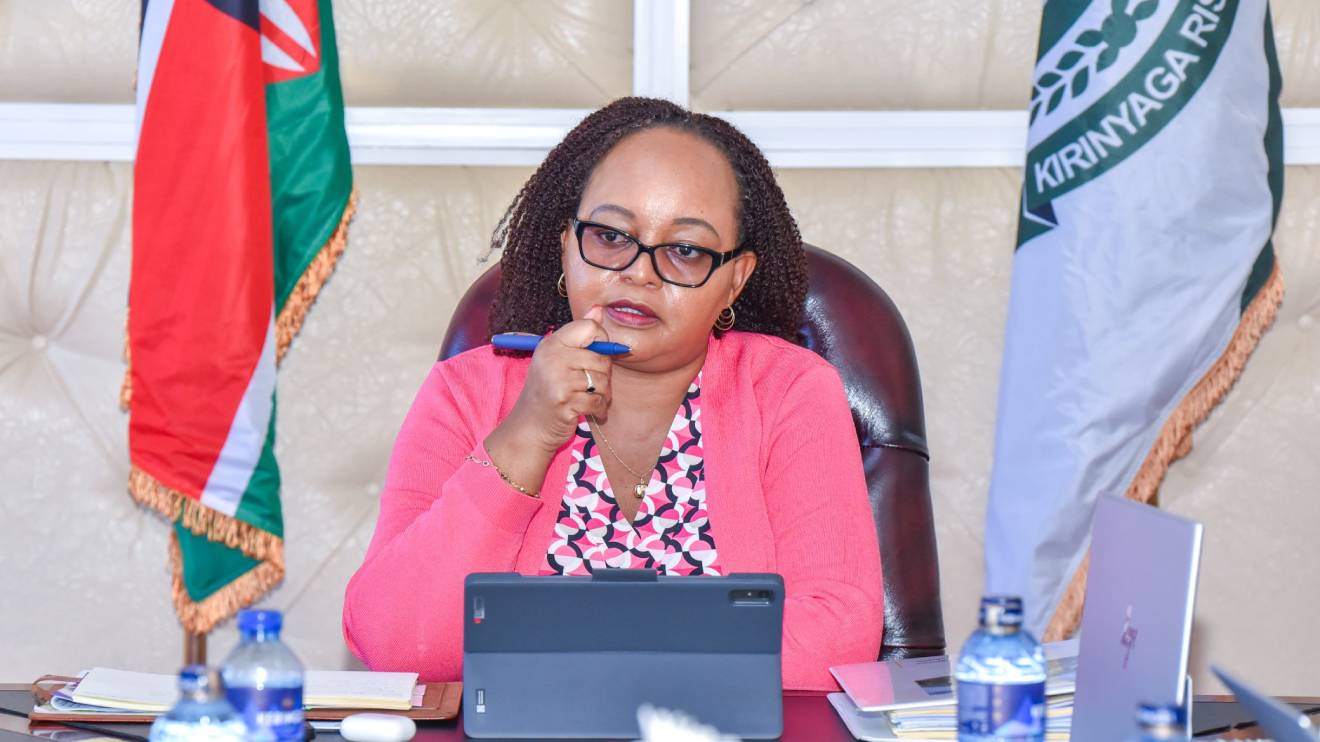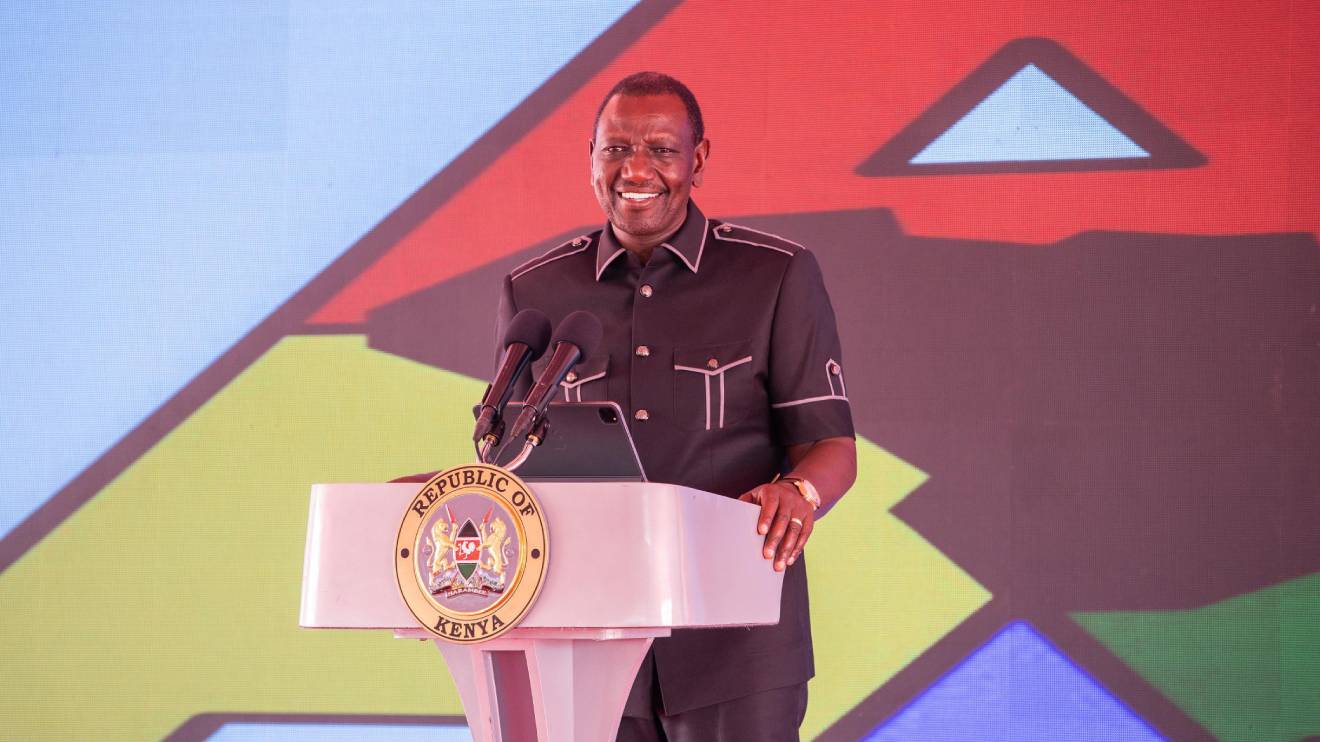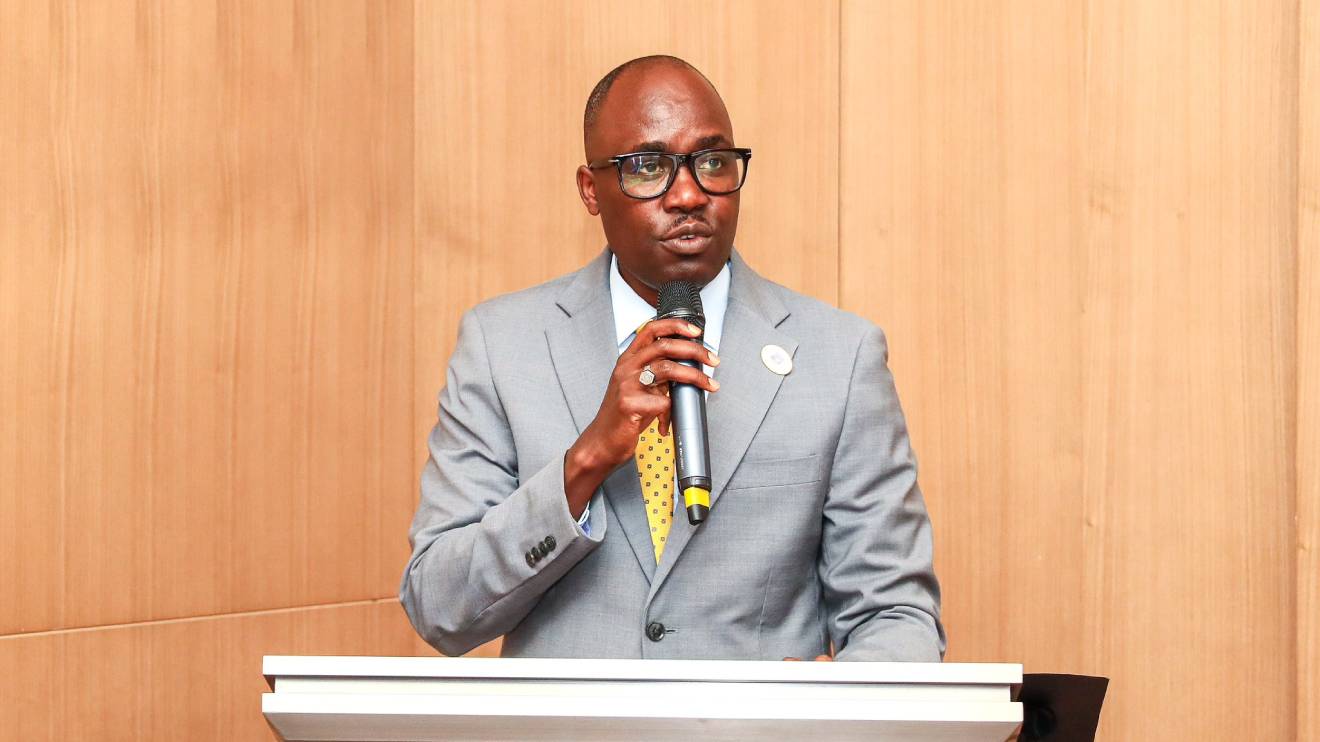In a decisive legal ruling, the Supreme Court of Kenya has upheld the implementation of the Finance Act 2023, marking a significant setback for Busia Senator Okiya Omtatah's efforts to challenge the Act's execution.
This development follows a contentious legal battle that began when the Court of Appeal lifted a High Court order temporarily suspending the Act.
The Court of Appeal, comprised of Justices Mohammed Warsame, Kathurima M’Inoti, and Hellen Omondi, took the controversial decision on July 28 to lift the suspension of the Finance Act's implementation.
National Treasury Prof Njuguna Ndung’u had strongly advocated for this move, asserting that the government was incurring daily losses of up to half a billion shillings due to the freeze.
The Finance Act, which came into focus due to its implementation measures introducing new tax regulations aimed at funding the ongoing financial year's budget, had initially faced opposition when Justice Mugure Thande of the High Court issued conservatory orders against its implementation on June 30.
Read More
Subsequently, in the wake of the Court of Appeal's decision, Senator Omtatah and three activists—Eliud Matindi, Benson Otieno, and Blair Oigoro—approached the Supreme Court with a plea to suspend or stay the Court of Appeal's ruling.
Their request, had it been granted, would have led to another suspension of the Finance Act's execution pending the resolution of numerous pending legal challenges.
Senator Omtatah argued vehemently that the Court of Appeal's interpretation and application of Article 23(3) of the Constitution and its own jurisdiction resulted in a significant injustice.
He contended that the appeal was an attempt to safeguard the essence of the matter currently before the High Court and that the Court of Appeal's decision had unjustly prejudged the core substance of the case, which was scheduled for a hearing in the coming week.
Furthermore, Omtatah asserted that the Court of Appeal's ruling not only validated the Finance Act but also allowed it to be enacted immediately.
This, he argued, amounted to an unjust preemption of the matter pending before the High Court and intended appeals that were yet to be filed with the Court of Appeal.
However, the Supreme Court, consisting of a seven-judge bench led by Chief Justice Martha Koome and including Deputy Chief Justice Philomena Mwilu, as well as Justices Smokin Wanjala, Mohammed Ibrahim, Njoki Ndung’u, Isaac Lenaola, and William Ouko, dismissed Mr. Omtatah's petition.
They determined that his appeal did not fall within the court's appellate jurisdiction.
"We are equally not convinced that the decision of the Court of Appeal has occasioned grave injustice to warrant invocation of our inherent jurisdiction. Besides, the intended appeals before the Court of Appeal have since been filed and are to be disposed of within 60 days of the impugned ruling," the Supreme Court stated in its ruling.
"The applicants’ Notice of Motion dated 5 August 2023 be and is hereby dismissed. There shall be no orders as to costs."
This decision represents a significant victory for the Treasury, which argued that the Finance Act's new tax measures were essential to generating revenues amounting to Sh211 billion for the FY2023/24.
The Treasury maintained that suspending the Act would obstruct the collection of these revenues, making recovery nearly impossible if the amended petition before the High Court did not succeed.
Consequently, the Treasury has already initiated the collection of the new taxes mandated by the Act.











